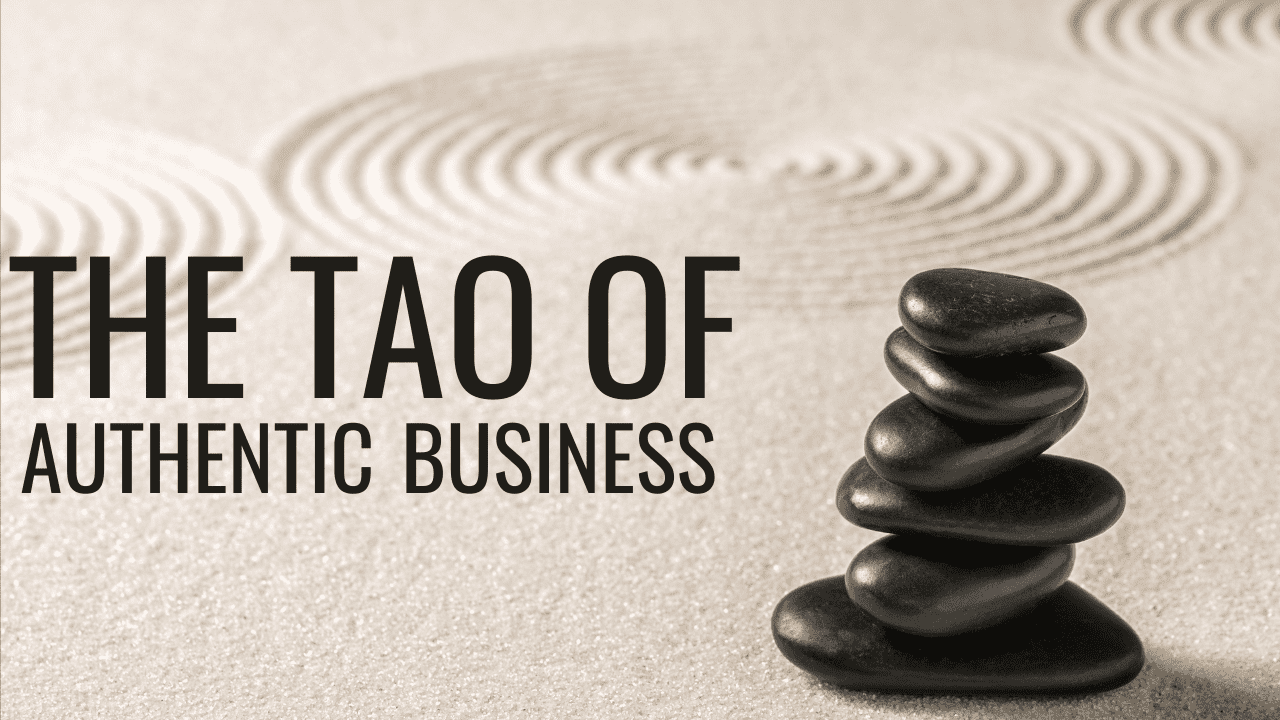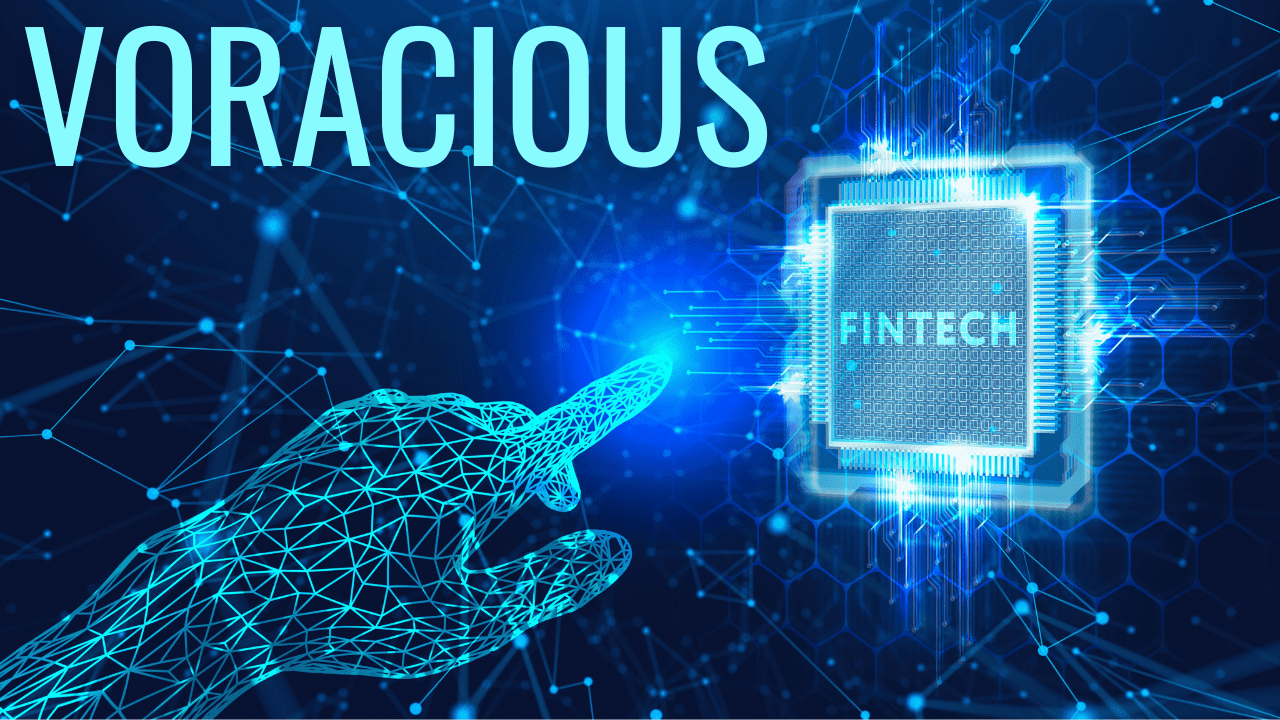The crises in our midst are in part a crisis of resources and also a crisis of relationships, yet fundamentally they are a crisis of spirit. The root cause of this is a disease of the psyche is due to a profound mental dislocation of self from our environment. With the risk of trying to define something fluid, complex, and inter-relational, which is itself part of the problem, it is commonly described as fragmentation or disconnection: disconnection within ourselves, disconnection from each other, and disconnection from Nature, Life, and Universe.
This disconnection manifests in our inner and outer worlds in varying ways. In our outer world it manifests in the stories we tell ourselves about how we think the world works and our sense of place and purpose within it. Our beliefs, mythologies, cosmologies and worldviews influence our socio-economic narrative, which in turn influences the way we behave in business, politics and beyond. In our inner world, this disconnection manifests in how we attend to each evolving moment and the perceptual filters and constrictions we habituate. These habituations are influenced by, and also influence, the outer narrative or worldview and the stories we tell ourselves about how the world works.
Nature has an immanent and transcendent quality which is intangible and beyond definition. There is an abundance of diverse expressions within this intangibility and tangibility of landscapes, ecosystems and organisms of which we are but one beautiful expression. Nature is ‘an all-pervading presence’ that lies largely beyond what our rational minds can grasp, though may be intuited and sensed as a very real enlivening presence in our lives. Upon our rational mind and ego-consciousness opening up to and permeating with this presence, our conscious awareness can begin to explore shadowy depths within a deeper Mind of Nature: the ground of our being.
This is where ancestral instincts, morphic fields, akashic records and memories lie that can take shape in our imagination, dreams, felt-senses, intuition, and archetypal and instinctual urges. Yet there is more than simply instinct here. There is an urgency of evolution, the authentic unfolding of becoming more than we are right now, along with non-local phenomena such as synchronicity and inter-species communication, which can feel uncomfortable within our current materialistic mindset. Yet, this is exactly what is now being recognised through a quantum view of reality.
“We do not “come into” this world; we come out of it, as leaves from a tree. As the ocean “waves,” the universe “peoples.” Every individual is an expression of the whole realm of nature, a unique action of the total universe.”
― Alan Wilson Watts
The Nature of Reality
The veil between our ego consciousness and this deeper awareness thins when we sit quietly in Nature. Think of a time when you sat next to a stream or a tree, or the last time you caught a glimpse of the awe-inspiring Milky Way. To sit in Nature and simply feel, rather than cluttering your experience with conclusions and judgments is one of the healthiest things you can do. Tried and tested contemplative and meditative practices as well as breathing, yogic and T’ai Chi techniques can aid this opening up. Through dreams, intuitions, synchronistic moments, Deja vu’s, second senses, and moments of grace we open up to this deeper presence within and all around us. The Sufi scholar Henry Corbin coined the term Imaginal Realm to describe this presence, which lies just beyond our normal waking consciousness. It can be accessed through ‘sacred imagination’ when we allow our consciousness to open up and illuminate hidden depths within and all around us. Here the unseen or invisible worlds can begin to be comprehended. We gain access wisdom beyond words. This is what the ancient Greeks referred to as Sophia – the Goddess flowing throughout Nature.
Attuning to Nature provides for a richer, deeper more purposeful meaning of life to emerge within us, while allowing a deepening of our authenticity. Our true destiny begins to emerge within our conscious awareness and the cluttering cacophony of ego-chatter subsides. As we attune we begin to realise that our destiny and purpose in this life is to attune with this deeper soulful consciousness. Through Nature, our lives become infused with purpose, meaning and authentic creative potential. Our current sense of separation from Nature is, therefore, the very root of all our problems because it starves us from taking new steps of change that are in harmony with Life. The way ahead for us is to recognise and remember the sacredness of Nature within and all around us.
“It’s all a series of serendipities
with no beginnings and no ends.
Such infinitesimal possibilities
Through which love transcends.”
― Ana Claudia Antunes
Business Inspired by Nature
It is now becoming more apparent to many at the leading-edges of leadership and organisational development that there is so much we can learn from nature for the future of business. We now know that simply being in the great out-doors improves our ability to learn, be more creative, open up to different perspectives, be more empathic, listen deeper, share better, and be more insightful. Scientific research shows that being in nature improves us physiologically as well as psychologically in myriad ways, some of which we are only just starting to understand. Here are some of these findings:
- Being in nature reduces pulse rate, blood pressure and cortisol levels (Chiba University)
- Being in nature and disconnected from multi-media increases creativity by 50% (Atchley)
- Being in nature leads to improved cognitive functioning and mental well-being (Kaplan)
- Spending time in nature boosts the immune system and increases resistance to cancer cells (Qing Li)
- Walking in nature improves memory by up to 20% (Berman)
- Connection with nature has a significant positive effect on autonomy, personal growth, and sense of purpose (Nisbet, Zelenski, Murphy)
- Affiliation with nature gives a greater sense of meaningful existence which in turn boosts well-being (Howell, Passmore, Buro)
When we think about the Mind of Nature, we can draw upon all sorts of psychology-based models of consciousness to help us understand. We can look at Sri Aurobindo’s integral psychology, Ken Wilber’s integral philosophy and Spiral Dynamics’ Tier 1 and Tier 2 definitions, as well as the fascinating quantum and cosmological discoveries of many ground-breaking scientists such as the Nobel laureate Max Planck, who famously said, ‘The Mind is the matrix of the universe.’ Here, we see that we are going beyond the notion of immanent interrelational systems within systems, into a transcendent perspective of ‘Mind’ pervading our entire universe. Mind is not just an integral aspect of matter and our physical realm, but also the interrelational ground of all being, influencing us locally and non-locally, both physically and spiritually.
This universal mind has been referred to by scientists as the quantum vacuum, zero-point energy field, dark energy, the quantum plenum, the cosmic hologram, and other descriptors. It is the very same all-pervasive presence that prophets, philosophers, seers, and shamans throughout the ages have long understood, with names such as, the Tao, Shekinah, Source Field, Akasha, the Great Mother, Christ consciousness, and that which cannot be named.
“You can be a Taoist if you simply live your life authentically, spontaneously, if you have the courage to go into the unknown on your own, individual, not leaning on anybody.”
― Osho
The Tao of Authentic Business Strategy
The simplest overall meaning of the Tao is “the way of things”, “the way of the world”, “the invisible and unknowable currents underlying all things”. The Tao of Business Strategy is a simple, highly effective path to creating the kind of business strategy you need; your staff desire; your stakeholders demand, and one that will create benefit for generations to come. Taoism recognises the interconnectivity of all things. The Tao of Business Strategy recognises that strategy is intertwined with business success and the development of great people who will go on to create great businesses in the future. There is no ‘easy’ way to create a great business strategy. It requires hard work; intense questioning and rigorous planning.
Why?
As Simon Sinek famously said, “Start with Why” Begin by creating and defining your own thunder, your raison d’etre – the very reason your business exists. Getting this right will feed a simple yet effective statement of the future as you see it (your vision) and encapsulate your reason for getting out of bed in the morning (your mission). Then, tell the world what you’re about. If they believe in your thunderous, awe-inspiring ‘why’, they’ll support you even when things don’t go according to plan. If you are passionate about it, you will attract others who are passionate about it too.
What?
What is your business actually doing? Is it making widgets or tilting the axis on which the world rotates? What is it doing to support your ‘why?’ Your answers will become your ‘objectives’ which will support your mission and move you toward your vision. This activity also covers what’s required; what’s expected; and what’s within and outside acceptable tolerance. In this way, you gain clarity over your expectations to your team and other stakeholders.
How?
Now you know what you’re doing (and why you’re doing it), it’s time to start thinking about how you’re going to make it happen. How are you going to get your message to the masses and bring the various component parts together? Emanating from this will be the ‘when’ and ‘who’ but these are logistical considerations, not strategic ones. Gather the team who can deliver on your strategy, not the strategy that your team can deliver.
Karma
The universal law of ‘cause and effect’ states that what you give out, you get back. A positive ripple from a single act thrown into a still pool of water. This Tao is designed to ensure that you create a business that is a force for good for your colleagues and friends, investors, customers and the wider community. Maintain success by continually checking on progress; avoiding mission creep and digression, hubris or complacency. A strong moral compass combined with a meaningful purpose and the kind of integrity that epitomises conscious, regenerative leadership will ensure you are aligned with the Tao.
“If three people are travelling and one of them is confused, they can still get where they are going. That´s because the confused one is in the minority. If two of them are confused, they´ll have a hard time and won´t get there, because confusion prevails.”
― Thomas Cleary
12 Principles Create the Tao of Business Strategy
Conscious leaders can achieve the creative insights that provide novel, and potentially winning courses of action when they apply the Tao of Business Strategy. As important as Western analytical tools are in the process of understanding industries and competitors, true insights and novelty are achieved through what the Buddha called “beginner’s mind”, the state of mind characterised by emotional detachment from outcomes, abandonment of preconceived notions and openness to learning as conditions unfold. Logic and analyses help, but only as foundations and preparation, not as the source.
ACTION DIRECTIVE I: BUILD A FOUNDATION
#1: PREPARATION FOR SUCCESSFUL STRATEGISING.
Strategy requires extensive preparation. Do your homework and analyses long before you need to.
#2: BUILD A FOUNDATION ON THE CONTINUOUS PURSUIT OF KNOWLEDGE.
Practice and preparation allow us to separate our actions from our emotions, while wide-ranging knowledge provides fertile ground for experiencing strategic insight.
ACTION DIRECTIVE II: PREPARE THE MIND
#3: CULTIVATE BEGINNER’S MIND.
Beginner’s mind is key to achieving breakthroughs. In Western practice, paralysis by analysis is too often the result of extensive research into historical data. By approaching strategy with beginner’s mind, we can clear our heads of any “this worked before” bias. New developments do not fall into the trap of being mistaken for history repeating itself, and true breakthroughs are possible.
#4: PRESENCE OF MIND.
Insight is achievable only through clear thinking. This requires we develop methods for clearing our minds. It is difficult, if not impossible, to have strategic insight during moments of duress.
#5: LET GO OF THE ILLUSION OF CONTROL BY EMBRACING DETACHMENT AND ACCEPTANCE.
A focus on process, rather than results, is key to helping organisations reach their ultimate potential. To promote this attitude, leaders can deploy metrics that evaluate how outcomes were achieved, not just whether they met expectations. This approach also helps leaders engage in the coup d’oeil cycle by enabling them to maintain presence of mind regardless of the results.
ACTION DIRECTIVE III: ADJUST THE LENS
#6: STRATEGIC DISCOVERY IS A FUNCTION OF FLUIDITY AND RECEPTIVITY.
Creating a strategic plan is a critical exercise. It helps us to clarify currently available resources, understand the market, define goals and prioritise the variables which will enable or prevent success. Once the planning is done and it is time to act, the effective strategist must constantly survey the landscape for newly available resources. Targets can then be adjusted accordingly. Sticking too rigidly to a planned course of action puts us at risk of failure, or at the very least of losing out on unanticipated opportunities. This does not mean that we lose sight of long-term goals at the first unexpected turn of events. Rather, we are willing to adjust our path to these goals based on changing circumstances.
#7: IMPERMANENCE IS THE ONLY REALITY.
Change is not only constant, but a reality that strategists must incorporate into their expectations.
#8: CIRCULARITY AND ITERATION COMPLEMENT LINEARITY.
If today looks like an extension of yesterday, don’t expect the future to follow suit. In fact, those who expect reversion to the mean but accept that they cannot predict when it will happen, are more likely to go with the flow of water, bend with the wind, receive calamities with equanimity and open themselves to new insights.
#9: SELF-DISCIPLINE VS. SELF AS AN ILLUSION
To varying degrees, the Tao of Business Strategy emphasises the notion of shifting focus away from the individual as a separate entity and toward a recognition of a broader fabric of the universe connecting all of us. By letting go of the preexisting views of our organisations, our subordinates, our managers and ourselves, we can better optimise a strategy to achieve success, while remaining resilient in the face of obstacles that the strategy will encounter.
ACTION DIRECTIVE IV: TAKE ACTION
#10: RESOLVE IS FUNDAMENTAL TO MOBILISATION.
Effective strategy is crucial, and its value can be captured only through determined, effective execution. Strategists and decision-makers must prioritise a resolute commitment. In their management, delegation, and the organisational culture they inspire, conscious leaders must position their teams to pursue committed effort. In this way, the organisation can benefit from the working-level expertise of those responsible for execution.
#11: TIMING IS EVERYTHING.
Exercising patience may seem obvious in theory, but it is often brutally challenging to put into practice. Even the best decision-makers are flawed human beings with unconscious biases, navigating through a sea of shifting currents. To engage with this principle requires training. More than an attitude or a personality trait, eastern philosophies view the capacity for patience as a skill to be cultivated through focused practice. The capacity for nonreactivity is a core reason for many Eastern philosophers’ emphasis on the power of meditation.
#12: GOOD STRATEGY IS ABOUT BALANCE.
Strategists must not interpret Eastern philosophy’s emphasis on moderation as a prescription against ambitious targets. From the Buddha’s search for Nirvana to Musashi’s mastery of samurai combat, the Eastern sages showed little reluctance to take on a challenge. Their teachings are not short on examples of intense, committed action, from the persistence with which Zen students pursue the answer to a koan (riddles like the famous “one hand clapping” question) to the Buddha’s long meditation under the bodhi tree until he achieved enlightenment. A Westerner might see these as parables for unrelenting hard work. Yet, they are not in conflict with the focus on moderation. Moderation here refers to a quality of openness through which we are well-positioned to remain fluid, present, and ready to receive coup d’oeil when insight strikes.
“If you want to become straight, first let yourself become twisted. If you want to become full, first let yourself become empty. If you want to become new, first let yourself become old. Those who desires are few get them, those whose desires are great go astray.”
― Tao Te Ching
The Tao of Authentic Business
A core principle of Taoism is to live authentically – to sense into the flow of Life and to merge with that flow. When applied to business, we could say that we create and sell that which is deeply meaningful – life giving – for us. It follows that we will then do marketing “authentically” which is to give into the natural yearning to connect to other people in play and service. This is as opposed to inauthentic business – mainstream business which only measures success by profit rather than by authentic meaning. Conventional marketing is about forcing (by way of persuasion) others to do what is profitable for our business, rather than by merging with others in the flow of play and service, which is what authentic marketing is all about.
In authentic business, we aim to find value in the action itself. Whether we are writing, selling, serving clients, or doing business administration, the aim is to bring joyful productivity to the activity. We work on our compassionate service, our playful exploration, and by doing so, the process of building a business itself becomes worthwhile, regardless of today’s results or tomorrow’s projections. We consider every day a success because we get to learn more about ourselves and about the world while we practice embodying our values in our actions.
We know that good results will eventually manifest when we act in alignment with Tao. There’s no egoic attachment to a specific profit timeline. Of course, we can make projections, but these are done in a playful way, with curiosity about how they will match with actual metrics. Business metrics are measurements of reality. Observing them teaches us about the flow of the market. Goals are aspirations toward how we can develop ourselves – what kind of people we can become – because results come naturally from a developed business.
“Harmonious life in Tao: Action is yang and attraction yin. Any action (including your thought forms) include a corresponding and balancing reaction. Choose your actions wisely to manifest harmonious effects along the Way.”
― Leland Lewis
Discipline = Freedom
An article on Taoism wouldn’t be complete without including the concept of self-discipline. Taoist masters practice self-healing and various rituals in a disciplined manner. So, how is self-discipline “going with the flow”? Again we must look to nature. Nature is extraordinarily disciplined. Without fail, the Sun rises everyday. Water follows gravity, always. Animals have consistent rhythms of resting, hunting, and migrating. Only human beings have minds that give us so much freedom that we can choose to have our own rhythms – or to ignore them.
A crucial aspect of authentic business – or any manifestation – is joyful productivity. Work even when you don’t feel like it, and choose to let your work in that moment bring virtue and play into the task. In other words, be strict about showing up and lenient about the results. In this way, you will learn to rest before you need to. Take breaks and naps even when you don’t feel like it because only with proper rhythms of rest can health (and business) thrive.
“Don’t think you can attain total awareness and whole enlightenment without proper discipline and practice. This is egomania. Appropriate rituals channel your emotions and life energy toward the light. Without the discipline to practice them, you will tumble constantly backward into darkness.”
— Lao Tzu






